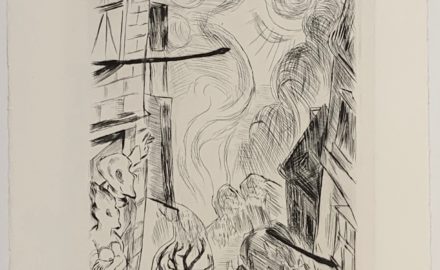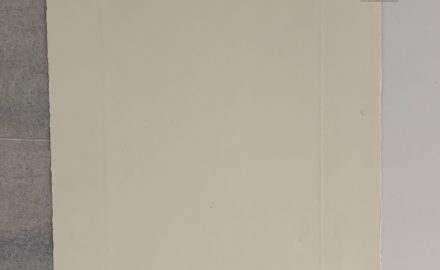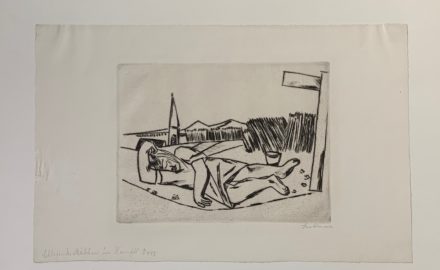One of Germany’s leading twentieth-century artists, Max Beckmann created figurative paintings. Born 1884 in Leipzig, Germany, into a merchant family he was influenced by the First and Second World Wars, the political changes of the 1920s and 1930s, the rise of Naziism, his exile in Amsterdam and his emigration to the United States.
Between the years of 1915 to 1933, he worked primarily in Frankfurt-am-Main, where he taught at the Kunstgewerbeschule and traveled frequently to Paris and Berlin. His frustration and sadness with World War I are expressed in his work from 1918-23, during which Beckmann served as a medical orderly. During the 1920s he exhibited with the artists of the New Objectivity group, the “Neue Sachlichkeit.” From 1927-32, his work exhibits his success and public recognition, while serving as a professor at the State Art University (Stadelsches Kunstinstitut) in Frankfurt. After the Nazi regime took power he was fired. Labeled as a “cultural Bolshevik” and “degenerate artist” he left Germany in 1937 (until 1947) and was exiled to Holland. While in Amsterdam, he was quite prolific.
Beckmann spent the last three years of his life in the United States, studied in Weimar in the late 1940s and was in residence in St. Louis, Missouri.












